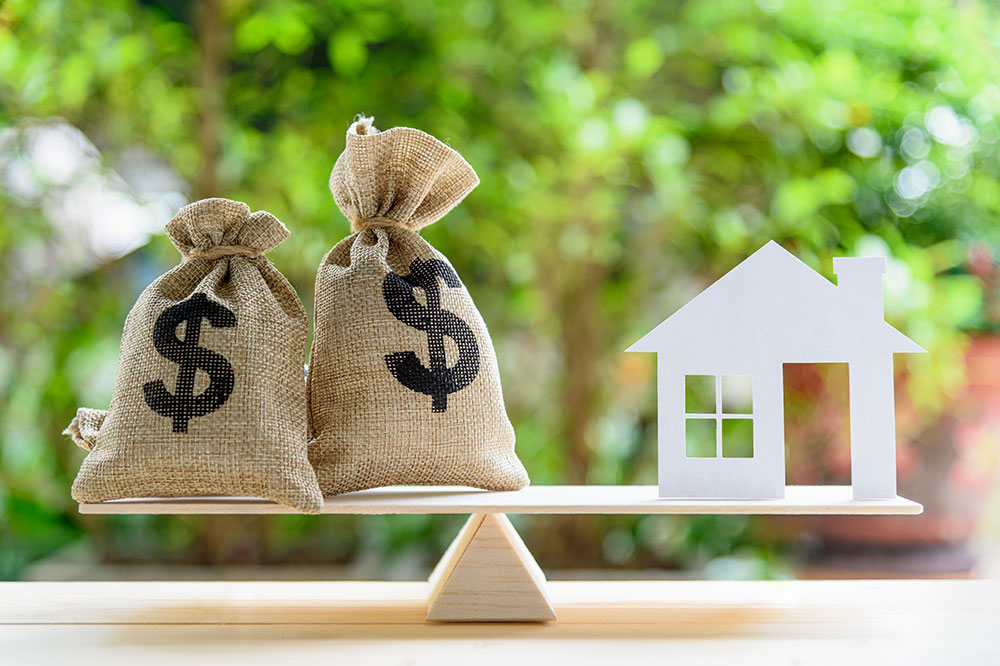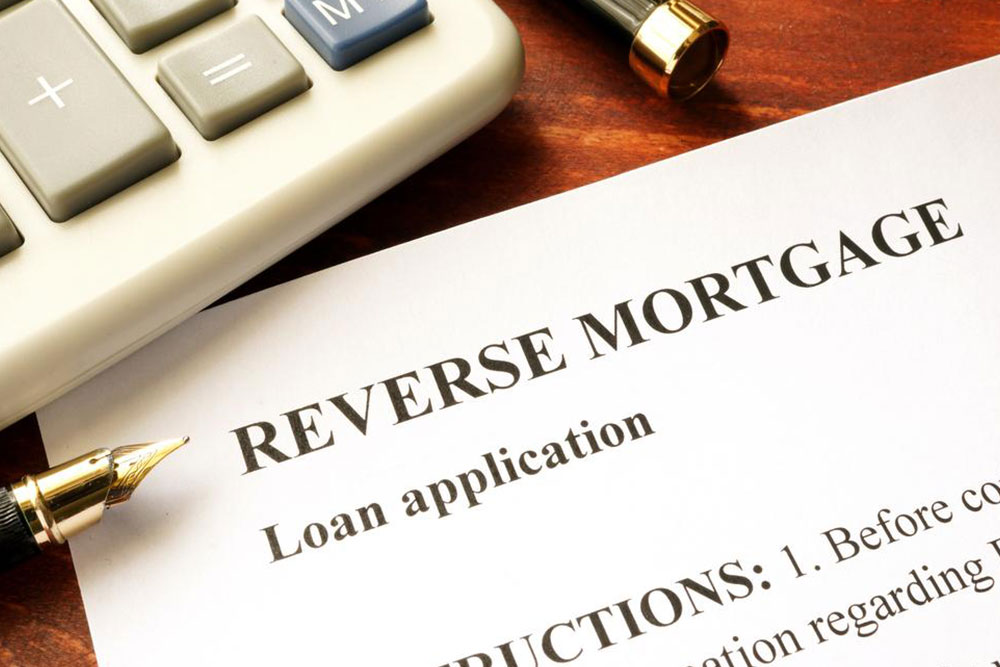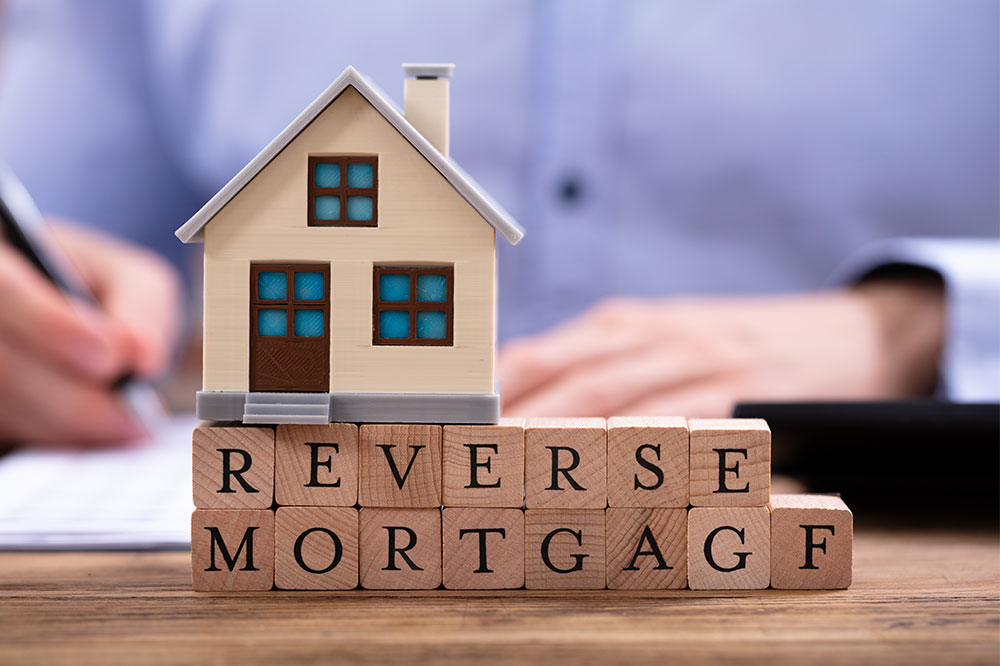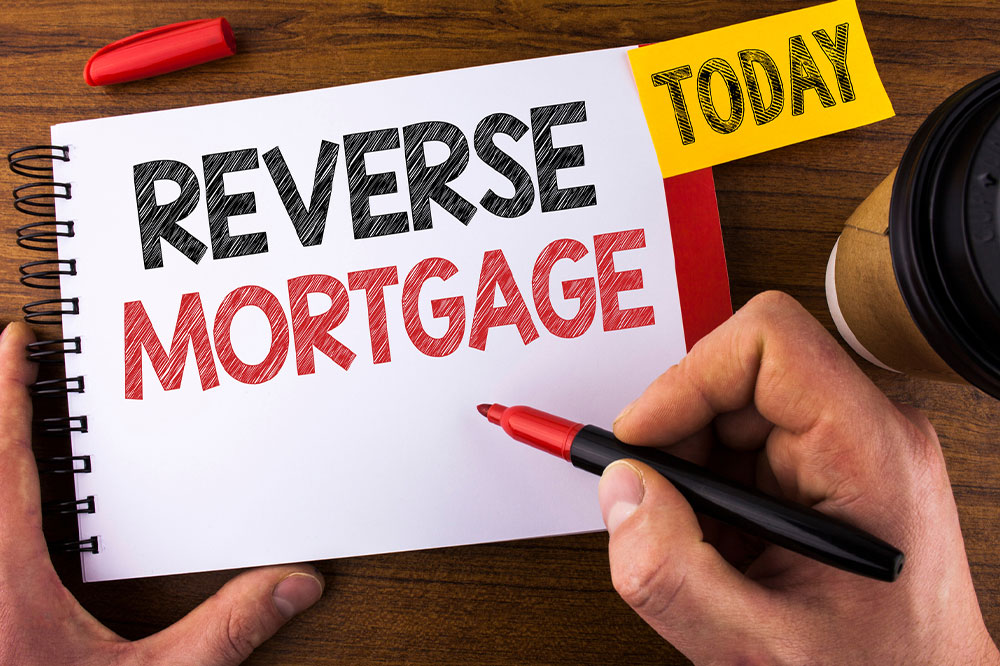Comprehensive Guide to Qualifying for a Reverse Mortgage
This comprehensive guide explores the key criteria necessary for seniors to qualify for a reverse mortgage. It covers age requirements, primary residence designation, property type, home equity, existing mortgage status, and ongoing tax and insurance obligations. Understanding these essentials can help homeowners make informed decisions about unlocking their home equity to support retirement needs. Whether you’re planning for retirement or considering options to enhance your financial stability, knowing the qualification criteria ensures you’re prepared for the process and long-term obligations associated with reverse mortgages. Stay informed with expert insights and strategic advice tailored for senior homeowners seeking financial independence.

Comprehensive Guide to Qualifying for a Reverse Mortgage
For many seniors, owning a home is not only a symbol of stability but also a vital part of their retirement planning. As the cost of living rises and traditional income sources become uncertain, reverse mortgages have emerged as an innovative financial tool to unlock the value stored in home equity. These specialized loans enable qualifying homeowners aged 62 and above to transform part of their home’s equity into cash, providing additional financial support during retirement years. However, obtaining a reverse mortgage involves meeting certain strict eligibility criteria. In this article, we will explore the essential prerequisites for qualifying for a reverse mortgage, detailing the key factors that influence approval and help seniors make informed financial decisions.
Understanding the Age Requirement for Reverse Mortgages
One of the fundamental eligibility criteria for reverse mortgages is age. The minimum age requirement established by most lenders and government programs is 62 years old. This age cutoff is in place because reverse mortgages are primarily designed to serve as a financial supplement for senior citizens, allowing them to access their home equity without the need to sell their property. Applicants below 62 generally do not qualify, as the purpose is to support those in retirement or approaching it, who may have limited income sources and need extra funds to cover healthcare, daily expenses, or other needs.
Designating Your Primary Residence
Your home must be your primary residence—a critical requirement for qualification. The property needs to serve as the main dwelling where you consistently reside. Lenders typically verify residency through utility bills, voter registration, and other documentation that demonstrate your presence in the home. If the property is not your primary residence, or if you plan to move out soon, you may not qualify for a reverse mortgage. This criterion ensures that the funds are being used for a stabilized living situation and that the borrower intends to remain in the home for the foreseeable future.
Acceptable Property Types
Not all properties qualify for reverse mortgages. Generally, the eligible property must be a single-family home, a qualifying multi-unit property (up to four units), or certain types of manufactured homes. Farms, vacation homes, and second homes are usually excluded because they may not meet the lender’s standards or are considered investment properties. The condition and value of the home are also assessed to ensure it meets safety and maintenance requirements. If you own a property that falls outside these categories, you might need to consider alternative financial options.
Home Equity and Financial Standing
Perhaps the most critical eligibility factor is the amount of equity you hold in your home. Typically, you should have at least 50% equity, meaning that the current mortgage balance, if any, is significantly lower than the property’s appraised value. This ensures that there is sufficient value to justify the loan. If your home equity is below this threshold, you might not qualify, or the amount available under the reverse mortgage could be limited. Lenders often require an appraisal to determine the property’s market value, so accurate valuation is essential in this process.
Mortgage Status and Payment History
Another key criterion involves your existing mortgage situation. To qualify for a reverse mortgage, you must either have fully paid off your current mortgage or be in the process of paying it down. Some lenders may also require a satisfactory payment history, demonstrating that you have kept up with property-related expenses. If there is an existing lien or unpaid mortgage, you will generally need to settle this prior to obtaining a reverse mortgage, either by paying it off with the proceeds or through other arrangements.
Mortgage Payoff Agreement
When approved, borrowers agree to use the proceeds from the reverse mortgage to settle any remaining mortgage balance. This ensures that the home is free of liens, making it fully yours. This process not only consolidates your debt but also simplifies ownership, allowing you to access funds without the burden of existing mortgages. Clearing the mortgage also improves your home’s equity position and can qualify you for better loan terms or higher loan amounts.
Property Tax and Insurance Responsibilities
While a reverse mortgage provides funds to support your financial needs, it does not absolve you of ongoing property-related responsibilities. Borrowers must commit to maintaining property taxes, homeowners’ insurance, and other necessary upkeep. These payments remain your responsibility, and failure to keep up with them could jeopardize your reverse mortgage agreement or cause foreclosure. Most lenders monitor these obligations regularly to ensure compliance and protect their interests.
Staying Updated and Financial Planning
In addition to understanding eligibility criteria, it’s important for prospective applicants to stay informed about trends in the mortgage and real estate markets. Following reliable sources on social media platforms such as Facebook and Twitter can help you stay updated on changes that may impact your eligibility or options. Engaging with financial advisors or mortgage specialists can also ensure you’re making the most strategic decision regarding your home equity and retirement planning.
Final Thoughts
Qualifying for a reverse mortgage involves more than just meeting a single criterion; it requires careful evaluation of your age, home type, equity, and financial situation. This financial tool can be a valuable resource for seniors seeking to enhance their retirement income, but it’s essential to understand all eligibility requirements and responsibilities involved. Consulting with financial professionals and conducting thorough research will help you determine whether a reverse mortgage aligns with your long-term retirement goals and financial security. Ultimately, reverse mortgages offer an opportunity to leverage your home’s value and enjoy your retirement years with greater financial flexibility.





